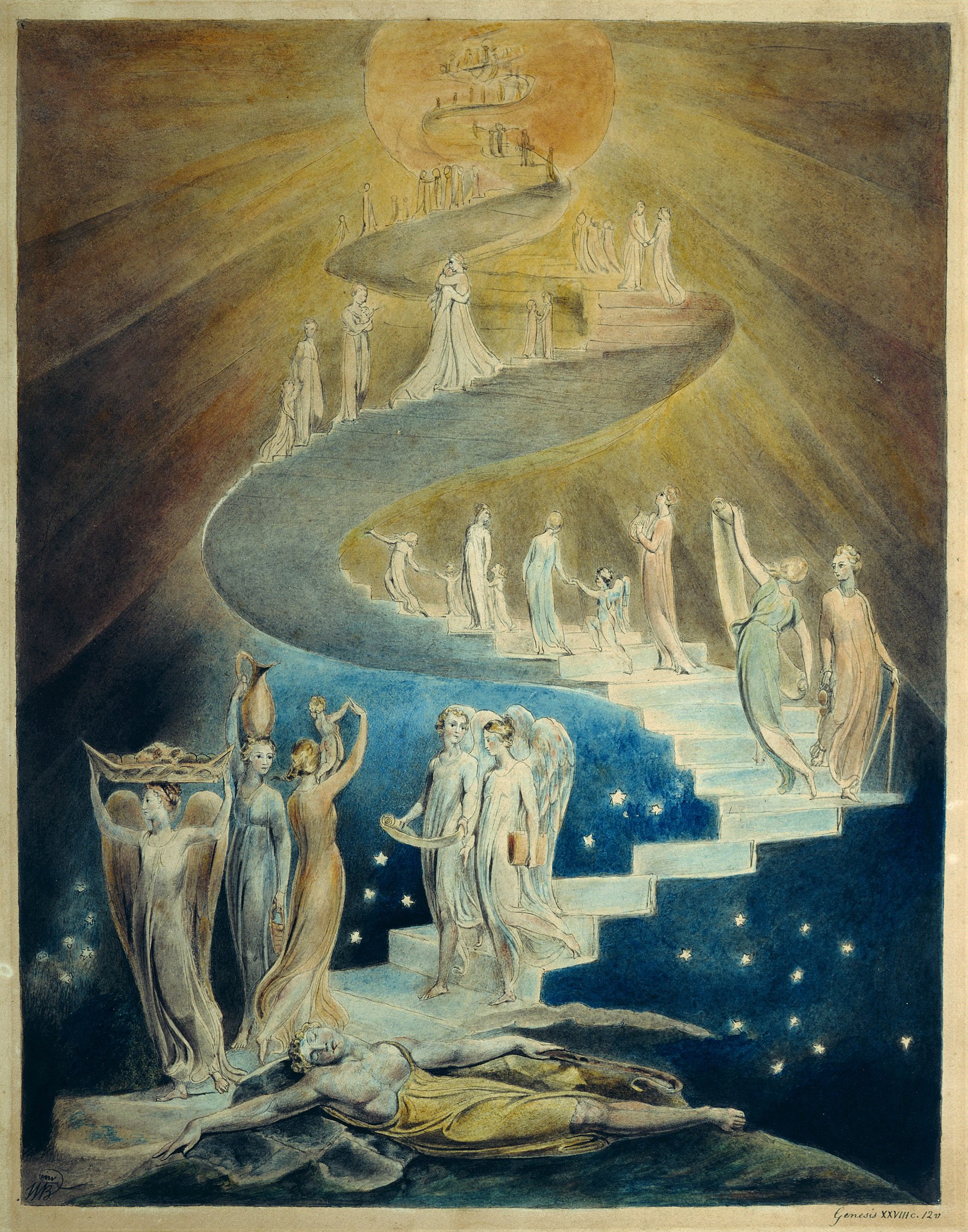Sermon for July 23, 2023 – The Eighth Sunday after Pentecost
In the interest of full disclosure and taking my cue from the Chief Justice of Manitoba I affirm that I have not used Artificial Intelligence to prepare this sermon.
During the past month I read a wonderful short novel What are you Going Through by Sigrid Nunez, and on page 16 a rhetorical question was asked, “How, then, shall we live?” Let’s set that aside for a few moments.
A few weeks ago I was listening to someone being interviewed about the possibility of intelligent life out there somewhere in the universe. This person went on to say that Stephen Hawking was against sending out any kind of signal for fear that if there is life out there we should not let them know we are here because they might be more powerful than we are and destroy us. Another scientist suggested that we earthlings have sent out enough signals that any other life forms out there already know we are here.
That got me thinking about the possibility of other life forms in the cosmos. And it’s an interesting undertaking – and in saying this I am not being anti-science in any way – but for us our lives are in the here and now.
In various parishes over the years I have heard various reasons for having faith, for attending church; or perhaps affirming the faith: To get my sins forgiven; To make sure I get to heaven; To appease God.
I am sure that those reasons work or have worked for some people but for me that rhetorical question keeps me alive to and in the Faith
“How, then, should we live?”
And perhaps more than any other time in my life and likely your lives our times give us pause. Yes, there are the usual culprits like wars and rumours of wars, famines, the plight of the world’s refugees and so on. However, these and other aspects in our lives pale against the existential threat of climate change.
As my English grandfather used to say, “It is enough to make the parson burn his bible and quit preaching”. However, I am not going to burn my bible nor am I going to quit preaching.
Perhaps today’s readings might give us insights. “How, then, should we live?” Or perhaps a version of that. “What are our lives for? “Years ago a youngish man who was being ‘examined’ on his suitability for ordination was asked what he planned to do for the rest of his life. His reply was, “Live it”. It was a partially correct answer but likely what was needed was “for what”, to what ends, or perhaps with what values, what principles, even with what world view?
As an aside, I was that young man.
Let’s have a look at the reading from the Hebrew Scriptures.
It begins with rather innocuous words. Jacob left Beer-sheba and went toward Haran.
The first thing to notice is that the teller is being pretty easy on Jacob. Let’s remind ourselves of a few things about this guy: he is the son of Isaac, the twin of Esau. He cheated the firstborn Esau out of his birthright for the price of a Big Mac. He tricked Isaac into giving him a father’s blessing which rightfully belonged to Esau.
Oh. And then there was his by-in to the racist decision of his father, Isaac, that he not marry a Canaanite woman.
Is there anything here which might give us some insight into how then shall we live? At first blush, not likely.
Let’s leave this behind for a moment and recall Jacob’s dream.
We might postulate that Jacob is not entirely oblivious to his rather shady past. I am going to risk saying that perhaps all of us have something in our past which has been less than noble. It might even make for a sleep-troubled night. And it appears that Jacob also had one of those.
And so Jacob has a dream. A ladder set up on earth which reaches to heaven on which angels or messengers were ascending and descending. Could it be that it perhaps the dream reveals to Jacob that, in spite of his past, there is still, somewhere in his psyche a better self. He likely knows himself; that he really does know who and whose he is. For Jacob the signs of this are land and descendants – blessings if you will.
But for us?
How, then, shall we live?
The ‘beings’ move up and down on the ladder. Might these be signs of connectedness, Jacob’s connectedness with God; maybe connectedness with his better self.
In spite of our failings the dream might tell us that basic to an authentic life is connectedness among and even beyond humanity; a reality beyond the reality of time and space. In other words we are not prisoners of this world.
Just as the presence of God never left Jacob and his complicated life so it is available to us as we live out the ups and downs of our lives. Or, as the reading from Genesis makes clear for Jacob and for us:
Know that I am with you and will keep you wherever you go ... for I will not leave you until I have done what I have promised you.
Words for us too and we know that that is the fundamental insight into how, then, shall we live.
Amen.


